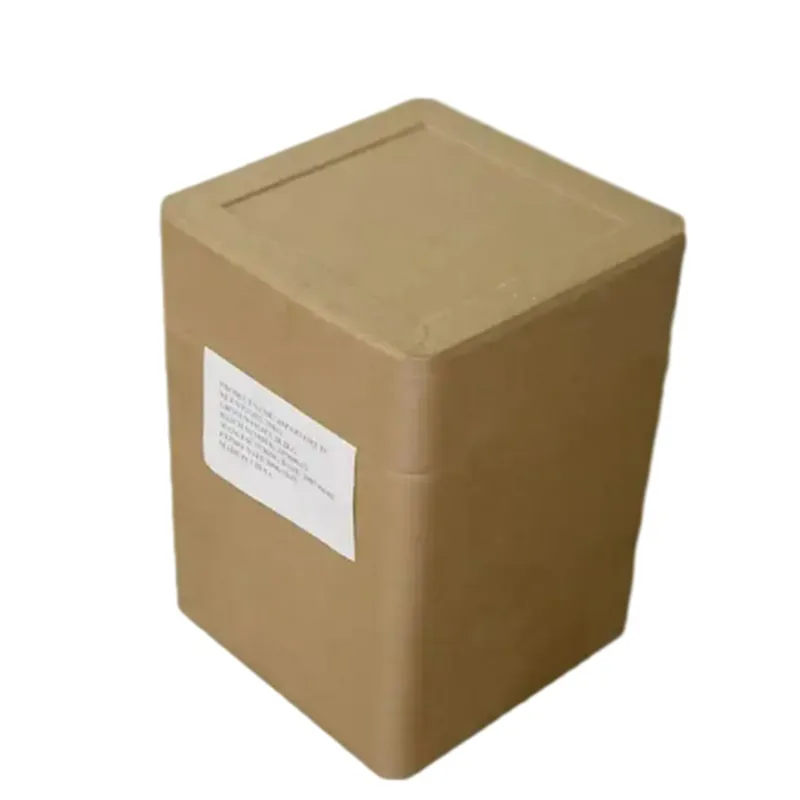Запасные части оптового насоса
Mud pumps are essential equipment in various industries, particularly in oil and gas drilling, mining, and civil construction. Their primary function is to circulate drilling fluid or mud, which cools the drill bit, eliminates cuttings, and maintains pressure in the borehole. Given the critical role they play in these operations, the selection of reliable suppliers of mud pumps is crucial for ensuring operational efficiency and safety.
The following matters should be paid attention to during the use of the drilling rig, and the correct use can bring greater benefits
The following matters should be paid attention to during the use of the drilling rig, and the correct use can bring greater benefits


